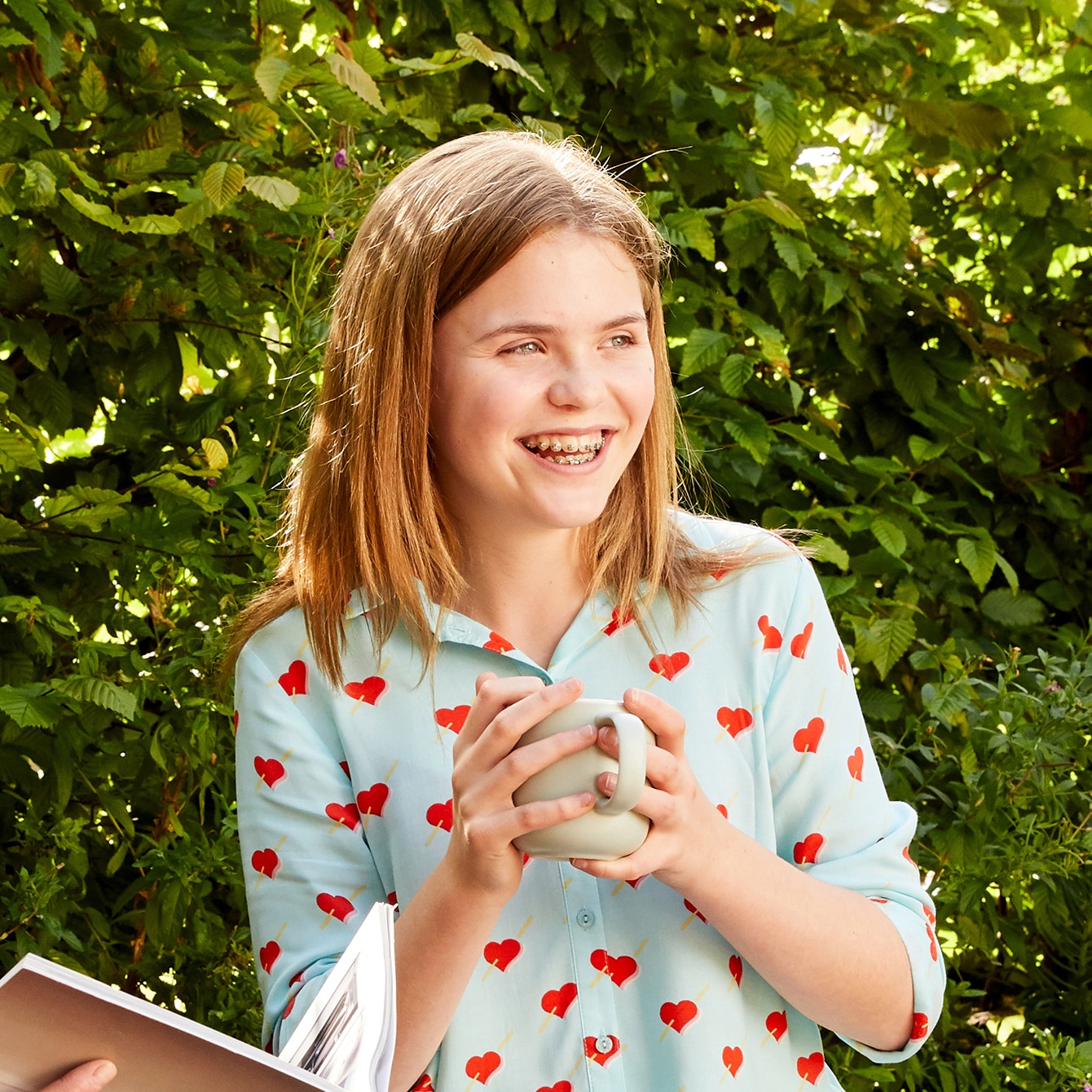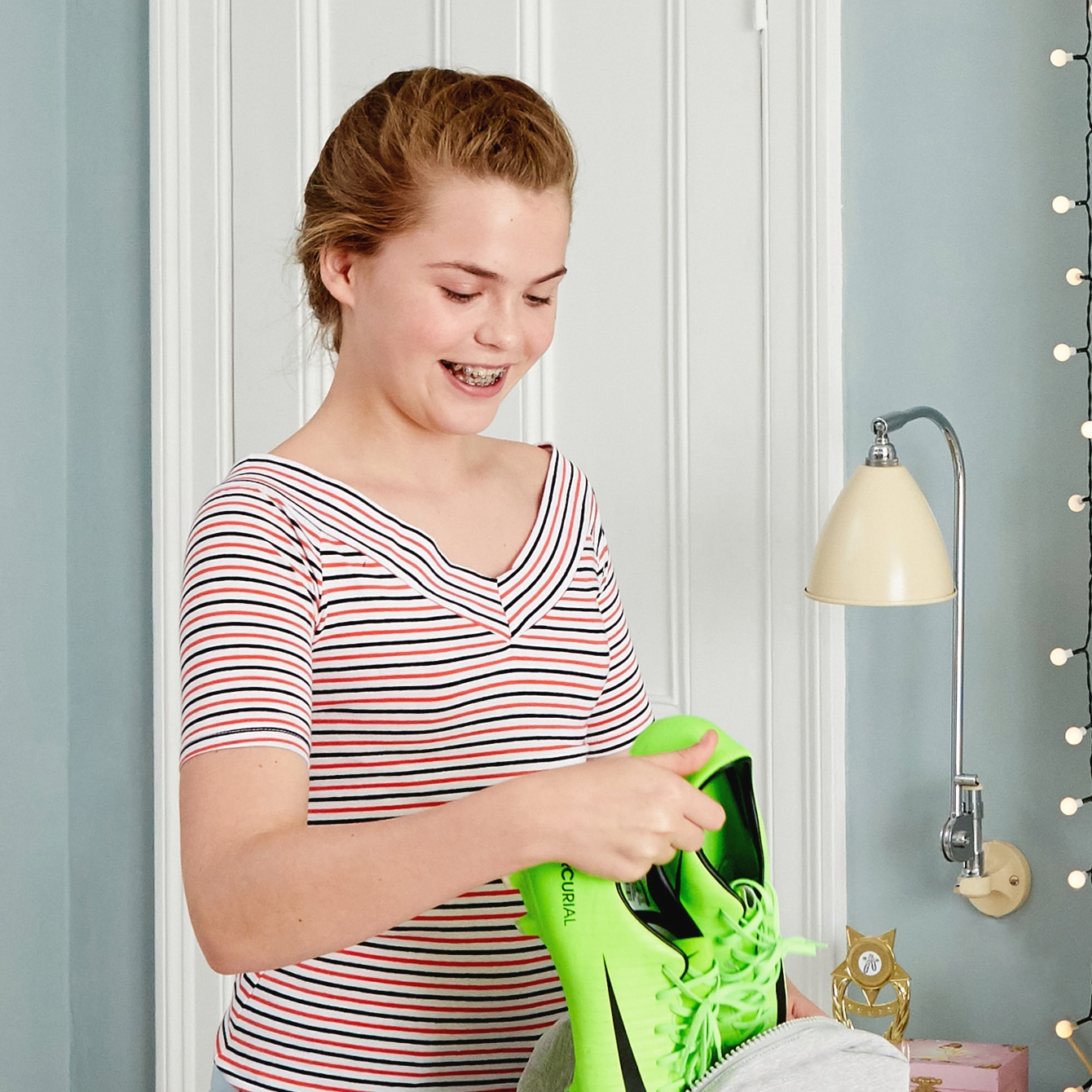The benefits of exercise go far beyond the physical. Discover the scientific facts about the positive link between movement and self-esteem, and help your child discover just how many amazing things their body can do.
The feel-good factor
Let’s start with the basics: why is it important to exercise? The benefits of exercising include improvements to self-esteem, mood, sleep quality and energy, as well as a reduction in stress. The relationship between physical exercise and mental health is undeniable. So, if your child is exercising regularly, they're likely to feel better about themselves and their body, regardless of whether the exercise is changing their shape. Plenty of studies have proven that regular exercise improves our body image and sense of self.
Mindful movement
When you think of children and exercise, your mind might be full of frantic playgrounds or loud soft play centres – but movement can be a chance for children to slow down, too. When movement is done mindfully, it helps us focus on our breathing and being present in the moment. Children are under a lot of stress and pressure – juggling school work, extra curricular activities, socialising and life online. That’s where the importance of physical activity comes in. Giving them a chance to calmly connect with their mind without the distractions of daily life is vital to their health and wellness.
Adolescence and new activities
Like any other hobby, sport and self-esteem are closely linked. But, it can be a struggle for children to find an accessible physical activity that interests them, especially if the only examples of exercise they see are ultra marathons or Olympic weightlifting. But they don’t have to be a sports captain or prima ballerina to feel the benefits of being active – they just need to find an activity they enjoy that gets their body moving. Research by the Women’s Sport and Fitness Foundation showed girls often reject activities they previously enjoyed during adolescence. However, as this is a time when their self-esteem is likely to be fragile, continuing with an activity they love, or trying something new could give their confidence a much-needed boost.





